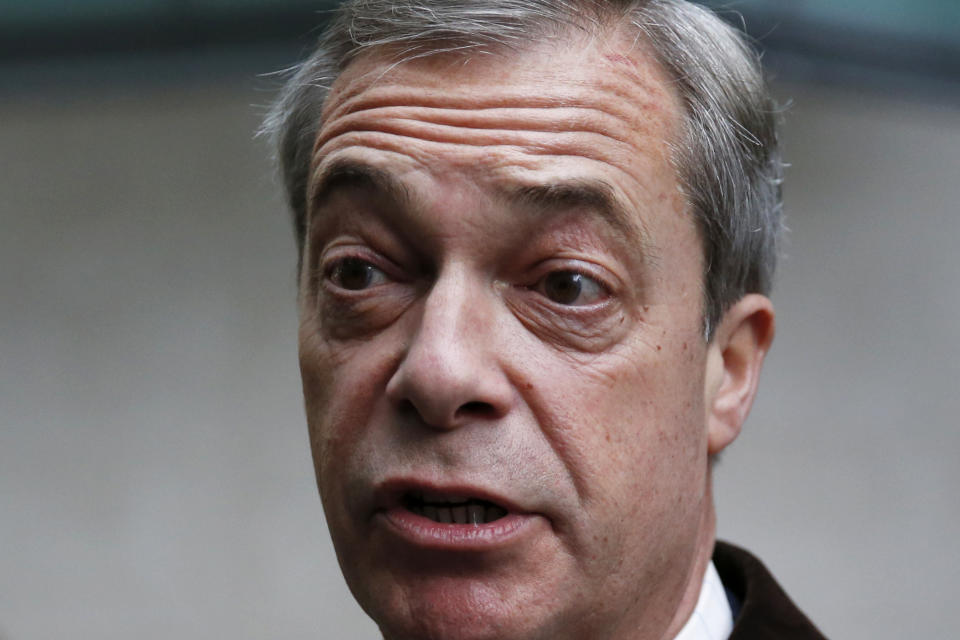'It will remain an issue': This is what British people really think about immigration

The government has announced its future vision of immigration in which low-skilled workers will not be able to move to the UK.
Under a new “points-based” system, home secretary Priti Patel said the government is looking to welcome people “with the right talent”.
Overseas citizens will need to accrue 70 points to work in the UK, based on passing thresholds such as a minimum £25,600 salary, having qualifications and the ability to speak English.
It feeds into Boris Johnson’s general election narrative of reducing unskilled immigration. Labour labelled it a “hostile environment”, with the Lib Dems saying it is “xenophobic”.
How does Britain feel about immigration?
Recent polling would suggest the public’s attitude to immigration has softened – at least when compared to other issues.
Research published by Ipsos MORI earlier this month found just 14% of Brits named immigration as a big issue for the country.

Eight other issues – such as the NHS (55%), crime (19%) and the environment (18%) – had more mentions than immigration.
This compares to a survey carried out by the same company before the 2016 EU referendum, in which immigration (33%) was the most commonly named issue for voters. It was as high as 56% in September 2015.
However, a YouGov survey on Wednesday also found 48% of respondents, when specifically asked about immigration, said it was too high. Some 33% said it is about right, with 6% saying it is too low.
Will this ‘softening’ trend continue?
Eric Kaufmann, a politics professor from London’s Birkbeck University, believes this will be the case among Labour and Remain voters.
“Attitudes have softened substantially,” he told Yahoo News UK.
“That part of the electorate has become more liberal. In 2010, almost 70% of Labour voters wanted a reduction.”
The YouGov survey on Wednesday found only 33% of Labour voters think immigration is too high.
What about Tory and Leave voters?
Prof Kaufmann believes immigration could return as a key issue, even under Johnson and Patel’s vision of reducing the “levels of people coming to the UK with low skills”.
“When we are talking about what issue is most important, this is affected by other issues,” he said.
“Post-Brexit, the economy has quite naturally become a concern. But if Brexit is a success, the numbers [of people concerned about immigration] won’t come down.
“These other issues [such as the economy] will drop down the agenda and that will mean immigration remains an issue among Leave and Tory voters.
“With Brexit not in the news, immigration will immediately start to rise again.”

Prof Kaufmann said this could particularly happen if a new populist party led by Nigel Farage emerges. Farage has previously promised to change his Brexit Party’s name to the Reform Party.
He also questioned whether immigration numbers will decrease under the government’s new system: “We will have more PhD students, more immigrants from Asia rather than Europe.
“When you look at the politics of New Zealand and Canada [which both use points-based immigration systems], the discussion is still over powerful concerns about immigration.
“This is to do with culture rather than the economy, and we might just get a change in narrative. I just can’t see how the UK’s points-based system will satisfy the kind of people who voted for the Conservatives.”

 Yahoo News
Yahoo News 
